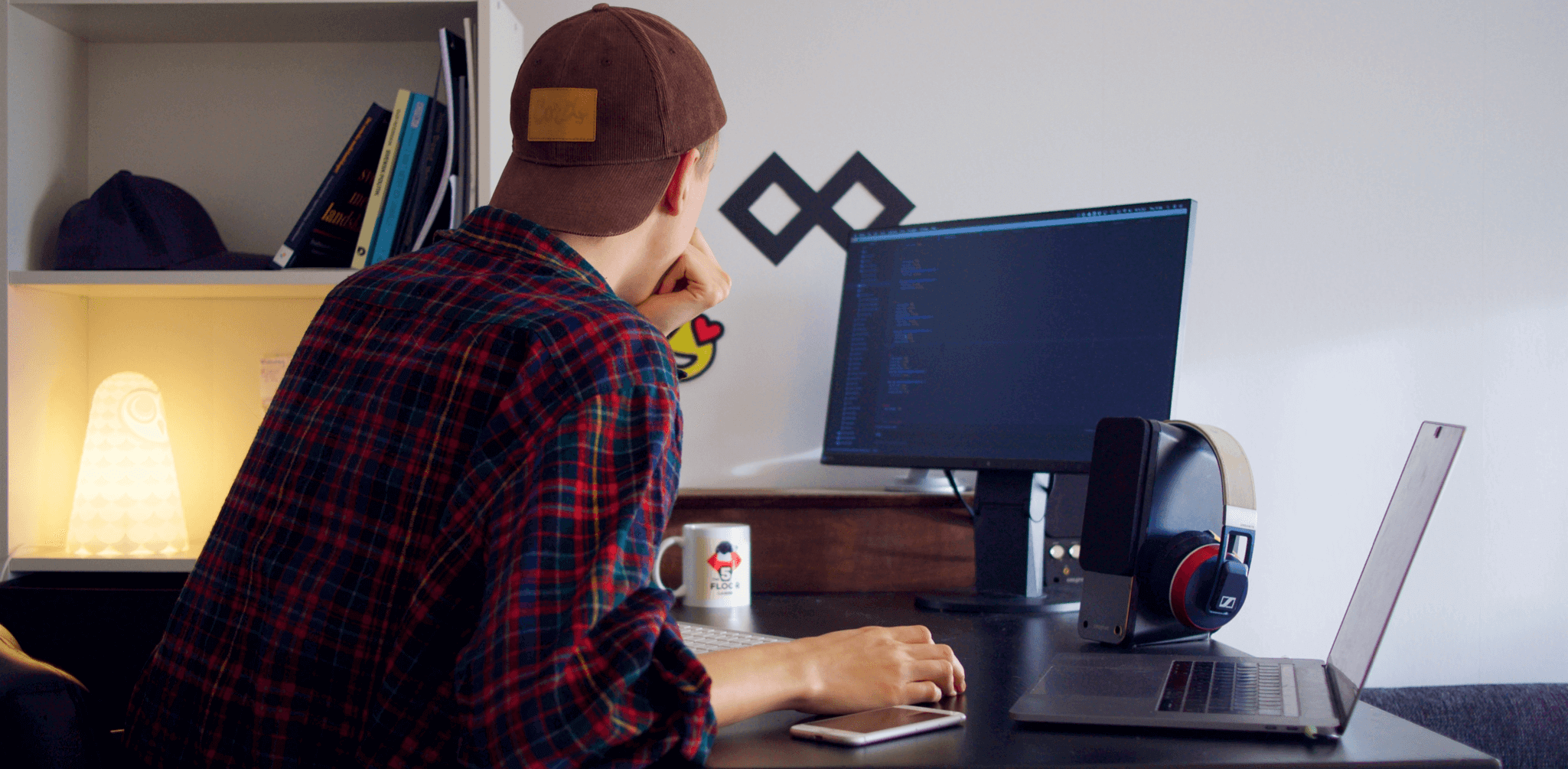The most frequently asked question we get from the business owners is “How much my website will cost from scratch?” The answer they usually get is, “It depends.”
The real cost of building a website varies from the specifications and functionalities required by the client. Can it be a hundred dollar? Maybe. Can the cost escalate to hundreds of thousands of dollars? Probably.
If your company is in the market for a new website and aren’t sure where to start as far as setting your budget, you’ve come to the right place. Here is an abbreviated version of what we go through with companies as part of our Blueprint process.
It’s essential that you know where your hard-earned money is going. It can really help you being responsible with your spending. Don’t let someone else make that decision for you. Grab the bull by the horns and steer it in the direction where you exactly want your finances to go.
Budget forecasting can help you with that.
To provide an accurate estimate, we are sharing down here some guidelines for creating a website budget so you can develop a great looking website without exceeding your finances that much.
Before going down in details, let me share the basic necessities of a website development process:
Basic & Compulsory Website Components:
- Domain
- Hosting
- Web Design &
- Development
- Maintenance
- Online Marketing
1. Establish the purpose of your website.
This might seem straightforward, but I often see brands just jump into a website project without really thinking about how the website fits into the overall business. Have a loose plan for what you want your website to do.
Ask yourself the following questions:
- Do you want it to capture leads?
- Are you selling advertising space?
- Is it just a brochure site (hopefully not)?
- Does it need to integrate with certain software?
- Be sure to keep your objectives at a “30,000-foot” view. For example, rather than saying “we want an events calendar, blog, and member portal,” keep your list focused on business objectives like “we want to generate more leads and reduce call volume.”
2. Write in Detail Your Website Specific Needs
Before starting a website project with questions like, “What should my new website look like?’ Ask yourself first what are my objectives?
set-goal
Determining your business-specific needs is a must-to-do thing. It is better to list down the most important requirements and think about them to get a clear image of your website which will help in calculating the exact amount required to build it.
- Who will be my targeted audience?
- What will be the functional and technical requirements?
- What should the design look like?
- What should be my plan for delivering the site objectives?
- The right answer to these questions will end up in delivering the best-looking website with better results in a more efficient and less expensive process.
3. Create a list of "must-have" features and "they would be nice, but not necessary" features.
This helps us understand what is most important to you. As we get into the planning process, often things that seemed like “must-haves” become not as important when looking at the big picture. Establishing the purpose of your website will help you determine these “must-have” features.
It’s important to remember that just by eliminating something from your “must-have” feature list that doesn’t mean that you can’t add it in later. Your website should continue to grow and mature as your marketing and business strategies evolve. It’s not uncommon for us to end a planning process with established phases on how the website will evolve.
4. Time to Know your Financial Limitations
Maybe you need a basic site with fewer pages that gives a detailed overview of the products. In that case, it won’t cost too much in your pocket. While on the other hand, a highly customized website with lots of bells and whistles can give you a blow on the budget. If you are making an e-commerce website, you need to consider…
- SEO services
- Responsive Web Design
- Multilingual
- Graphic Designs
- Stock Photos
The average cost for a professional-looking website varies from hundreds to thousands. Start with a grand total including other things like content development, site architecture which covers your entire project. Break it down to see how much it will cost for an individual part and stick to the basics if you are on a tight budget.
5. Interface Design Costs
Interface designs refer to the visual design or the site looks & feels. The interface is usually an iterative process. Don’t assume that if you have a pre-made template, you won’t require any images or layouts re-done. In fact, it means that the website development agency or a developer would show you several options and then modify them according to your requirements on an approved design.
interface-design-costs
Don’t skimp on the interface designs, if you do so then you’ll regret it because today’s sophisticated visitors won’t ever give your website a second glance if they don’t feel attracted towards it or satisfied by the looks initially.
6. Responsiveness, Creation and Insertion Costs
The best designs are responsive means they should be mobile-friendly or in a simple way designed in a way to automatically adjust their layout and function easily on multiple devices like laptops, desktops, tablets, and on smartphones. Creating a website design can cost around 20 to 30% of your entire website budget.
When it comes to creating the content, the design firm either creates all the content on their end then inserts it through CMS or delivers a blank design template that the client would populate as desired.
7. Expect For the Additional Costing
It would be great if the end result of your planning matched your desired budget perfectly. But it’s even smarter to plan for some unforeseen expenses. Whether it’s time for some last-minute touch-ups or paying for additional functionalities.
more-spending
Planning would provide you some wiggle room and minimize the potential for setbacks and if you have some money left over, you could utilize it in enhancing any feature on your website.
8. Don’t Forget the Maintenance & Updating Cost
Websites don’t just get maintained by themselves. Besides all the initial investments, a considerable amount of money is required for site maintenance.
update
Imagine if you delete an entire page of your website by mistake and lose hours of sales while trying to recover it, you will wish you would have spent some extra money on a maintenance contract.
The best website upgrades its strategy with the current trends and updates itself from time to time. If the website is using an e-commerce transaction platform or an email service to publish newsletters, you will be typically charged on monthly basis.
Maintenance costs vary depending upon your expectations from the firm or the developer.
Some Other Important Factors to Consider In Your Website Budget:
- Do you need a blog or a CMS (Content Management System)?
- Do you want automatic resizing?
- Do you need other features like social media channels, SEO?
- Do you need multimedia elements on the site?
Additional Things to Consider in your Budget:
- Additional designs like icons, graphics, animations, videos
- Additional Content Development
- Server set-up & administration including backup and 24/7 monitoring
- Additional applications and tools
Bonus Tip: The budget should be based on the strategic needs of your business. If you are tight on the budget, then you may want to consider drag & drop website builder to get started. Don’t forget new sites often costs more than the redesigns.
Bottom line: our advice is to not just set an arbitrary budget. Rather, think about what your business objectives are first, prioritize them, then set a flexible range that you feel comfortable working within. Then, you want to work with your agency to create a plan that pins down the budget as you move priorities on and off the list. Oh, and if you’re looking for an agency, we’d love to chat with you!




